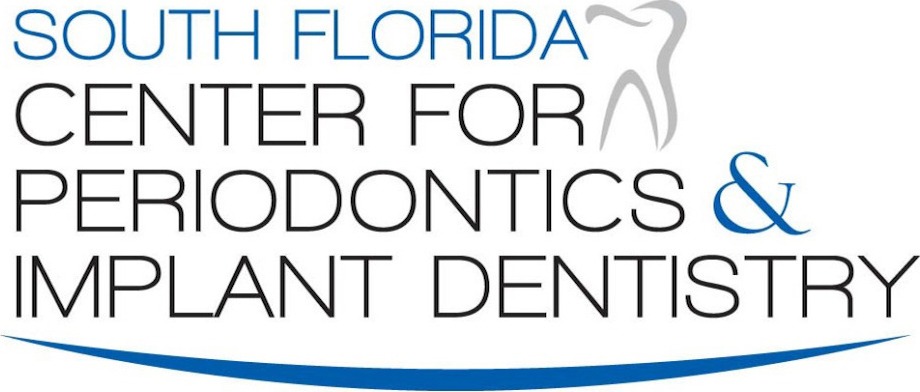Saving Dental Implants
September 3rd, 2024
Dr. Ganeles was part of the founding faculty in 1997. He currently serves as an adjunct associate professor, the highest rank allowed to part-time faculty members. At one point, about 15 years ago, he served as interim director of the school’s post-doctoral periodontal residency program.
Dr. Ganeles regularly participates in surgical and treatment planning seminars and teaches several lecture series in diagnosis and treatment planning as well as implant dentistry. Hands-on supervision of periodontal residents’ patient treatments includes everything from patient evaluation to treatment planning, inter-departmental management of complex patients, robotic implant placement and more.
In the recently published book “Saving Dental Implants,” Dr. Ganeles is noted as the supervising faculty member for a peri-implantitis case that was detailed by one resident student.
Challenging Implant Case Discussed
This is not the first time Dr. Ganeles has been acknowledged as a mentor. In this case, a dental implant placed years earlier by another resident had become infected, a situation known as peri-implantitis, for which treatment can be challenging. If the peri-implantitis is not arrested, the patient can lose the implant. In this patient scenario, the resident, under Dr. Ganeles’ guidance, was ultimately able to remove the infected gum tissue, decontaminate the implant surface and place bone-grafting material which all ultimately saved the implant.
Dental Implant Complications Are Rare But Possible
While rare, a small number of patients can experience peri-implantitis. Signs of such implant complications can include:
- Bleeding, pus, bad taste or foul odor around an implant
- Pain or mobility of the implant
- Damage to adjacent teeth
- Numbness in gum, lip or jaw around the implant
One of the ways we treat peri-implantitis is via LAPIP® (laser-assisted peri-implantitis procedure), a modification of our popular LANAP® laser technology. The laser removes infection and helps to regrow bone tissue without harming any healthy tissue. The entire process can usually be accomplished in a single visit, with significantly shorter recovery time than other treatments. Other surgical intervention may include guided tissue regeneration (GTR), bone regeneration or flap surgery.
Dr. Ganeles was also one of about 50 participants from the U.S. and Europe in a ground-breaking consensus conference sponsored by the Academy of Osseointegration (AO) and the American Academy of Periodontology (AAP) on peri-implantitis. The purpose of the meeting was to summarize current knowledge about causes and treatment of the problem and to publish guidelines for management. Guidelines from the conference will be published for dental professionals in mid-2025.
Ensuring Optimal Dental Health
Regular brushing, flossing and professional visits help you keep your implants healthy. If you are experiencing any of the issues mentioned above with dental implants, or other discomfort, it’s important you contact our office as soon as possible. Our team of specialists will help correct the issue, regardless of where you had your dental implants originally placed.
If you think you may be suffering from peri-implantitis, please don’t hesitate to contact our office at 561-912-9993. Referrals are not necessary!
